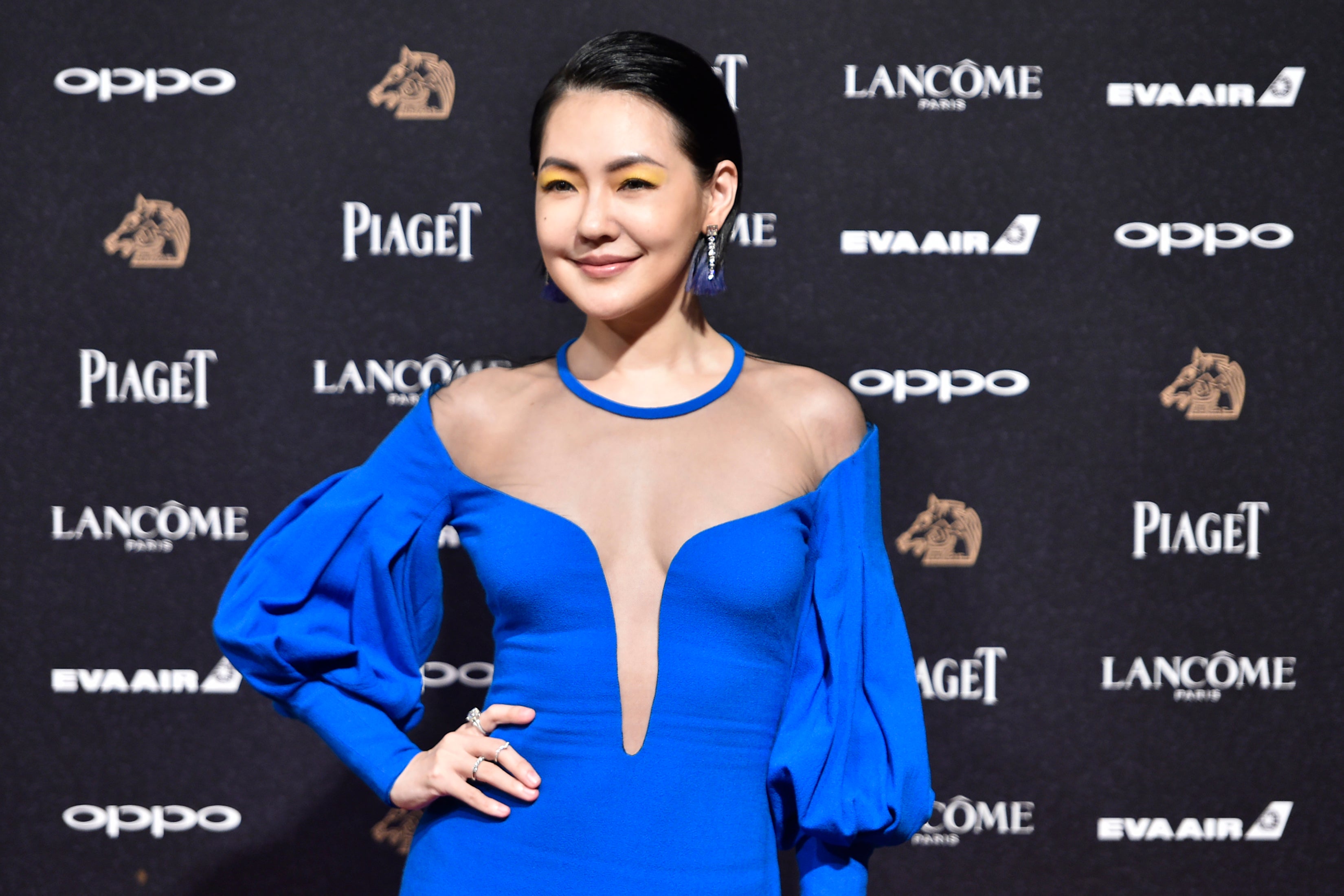Chinese brands sever ties with Taiwanese stars who supported their own Olympic athletes
The two celebrities were called ‘traitors’ by Weibo users

Taiwanese celebrities have lost high-profile brand endorsements after their congratulatory posts supporting the island’s Olympics athletes sparked outrage in mainland China, prompting companies to sever ties with them.
Online posts by the celebrities supporting the Taiwanese athletes at the Tokyo Olympics were seen in violation of the one-China principle by the brands.
TV host Dee Hsu came under fire after she addressed Taiwan’s Olympians as "national players" in an online post and pop star Jolin Tsai shared pictures of Taiwanese players, who beat China to claim gold in the island’s first Olympics badminton title.
The posts were seen to be supporting Taiwanese independence and several people from mainland China called out the two on Weibo while demanding them to be blacklisted in Chinese state media.
Ms Hsu deleted the post after the controversy. But the damage was already done and brands like Shanghai-based beverage brand Shou Quan Zhai, sex toy maker Osuga and Unilever’s haircare brand Clear severed ties with her, blocking future endorsements.
"National interest is above all, (we) firmly uphold the one-China principle," the beverage brand said on Weibo.
"Osuga firmly supports the unification of our motherland and firmly opposes all comments and actions that attempt to split the country," said sex toy maker company Osuga.
Taipei has accused Beijing of increased military activity in Taiwan in recent past and tensions have escalated. China considered Taiwan as a breakaway province and has vowed to take control of the island again.
On Saturday, Chinese Taipei badminton player Lee Yang and Wang Chi-lin beat China’s Li Junhui and Liu Yuchen to grab gold. Lee dedicated his medal to "my country - Taiwan" in a Facebook post.
The two faced criticism along with the celebrities, who were called “traitors” by people on social media.
Taiwanese politician Wang Ting-yu called democracies to come together to stop “Chinese censorship from spreading beyond its borders”.
The loss of endorsements from brands have cost NT$32m (£825,260) to the 43-year-old TV host, according to local media reports.
"If you’re going to support Taiwan independence, don’t ever come to mainland China to make money again. You can’t have both," one Weibo user said.
The International Olympic Committee agreed that athletes from both Chinese Taipei and Hong Kong can send their teams to Tokyo. The players from Taiwan play under the name Chinese Taipei and cannot use its flag and anthem when its athletes are on the podium.
Join our commenting forum
Join thought-provoking conversations, follow other Independent readers and see their replies
Comments
Bookmark popover
Removed from bookmarks